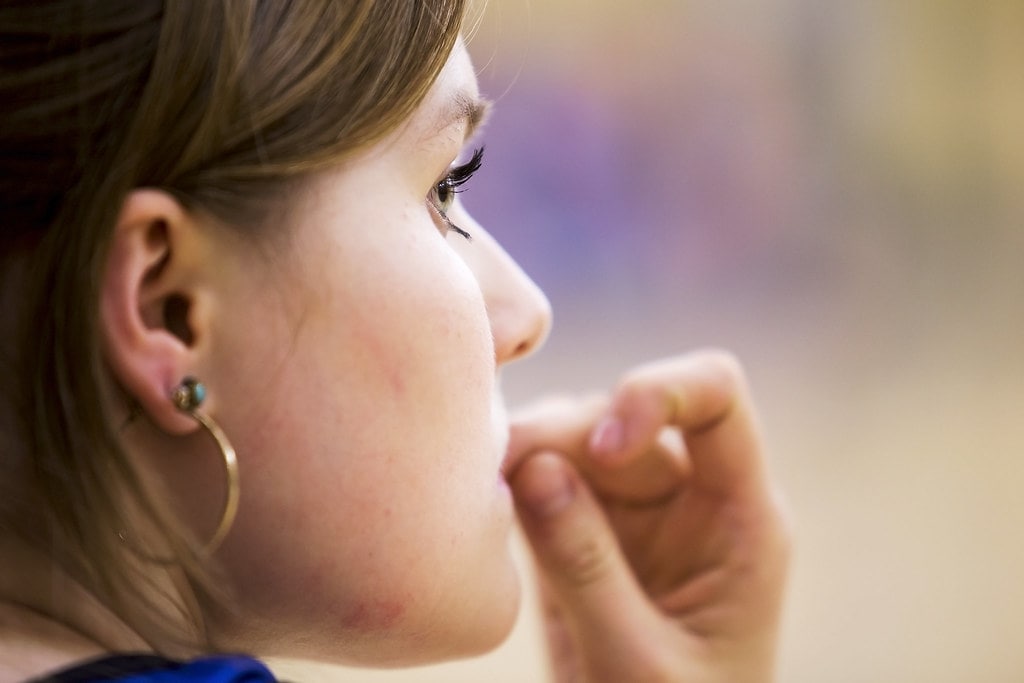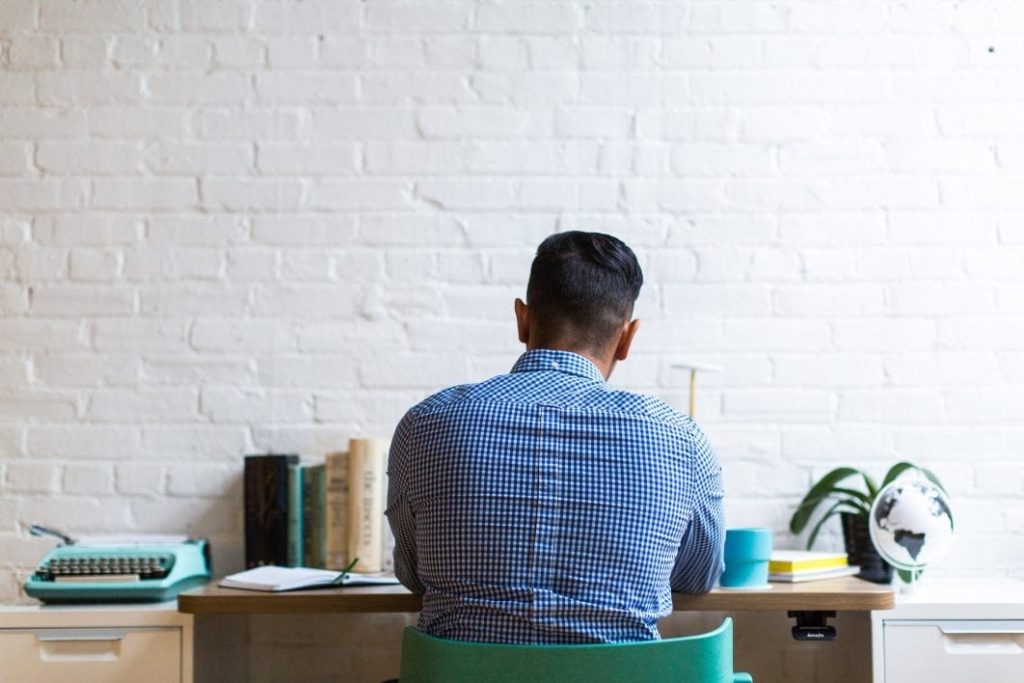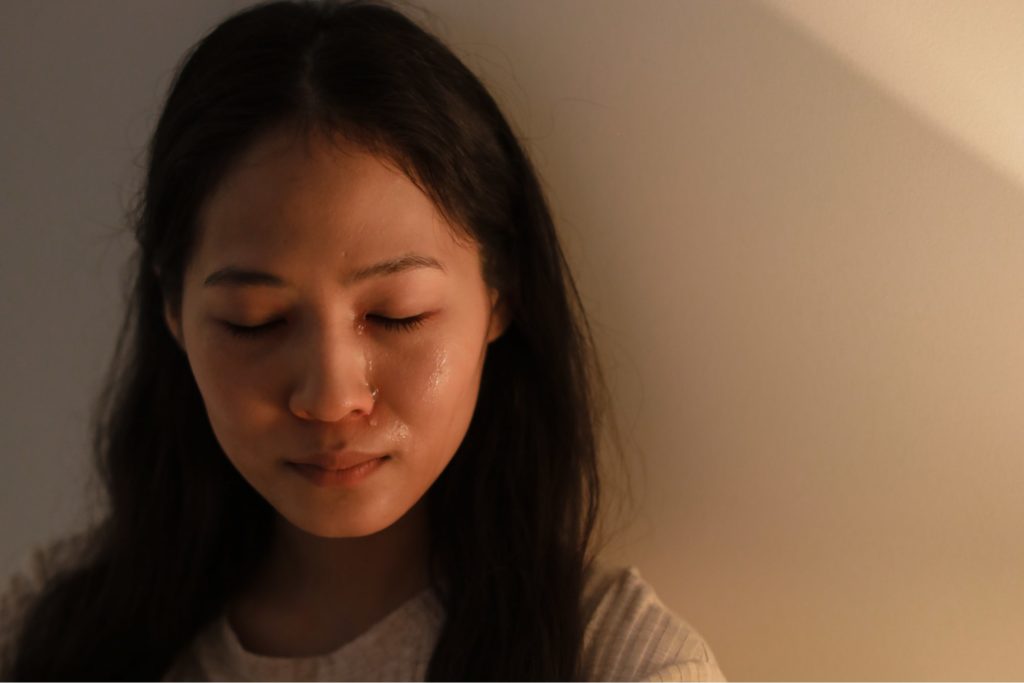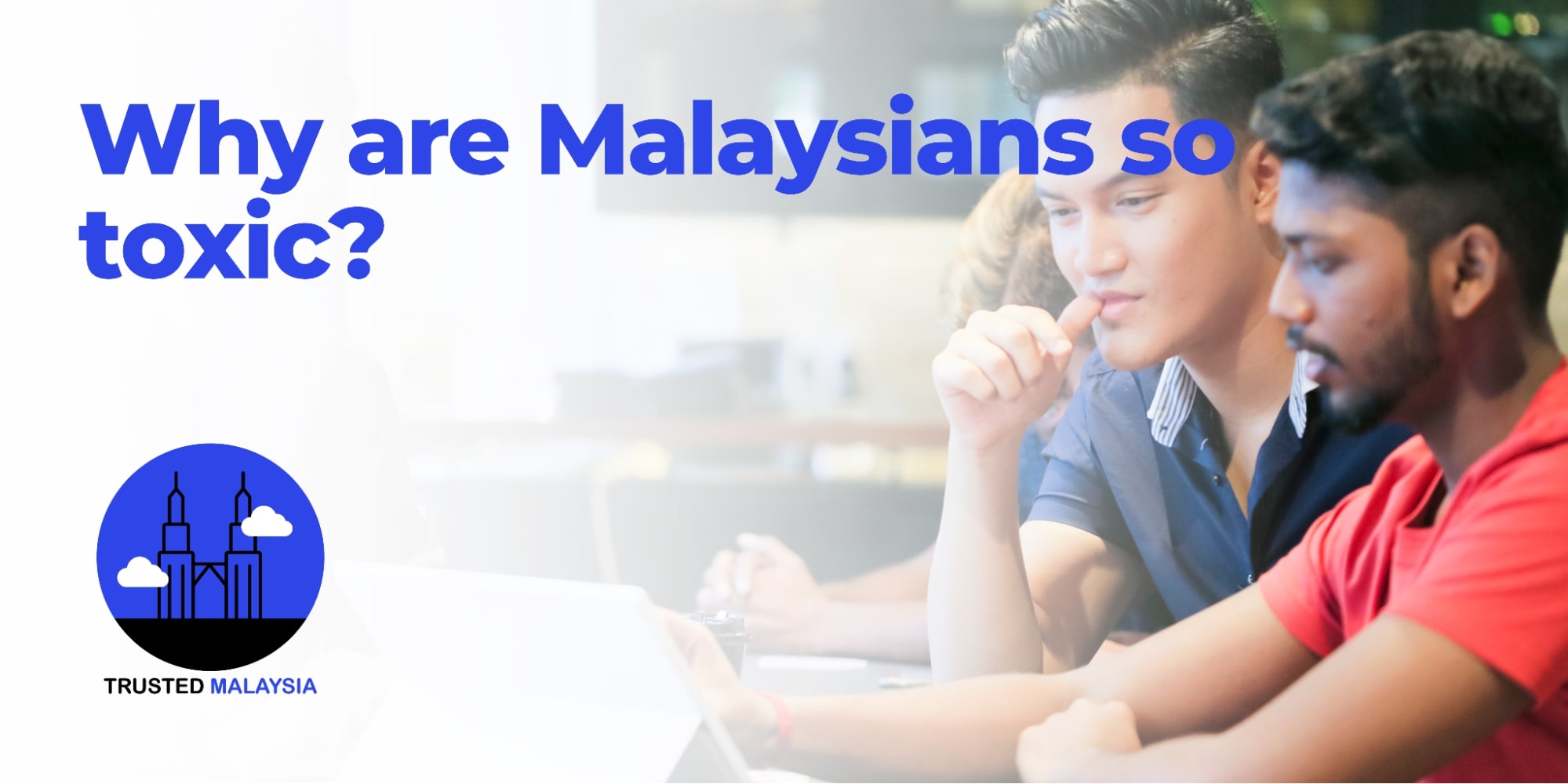Why are Malaysians so toxic?
Most Malaysians are known for their hospitality as well as their overall bubbly attitude. In fact, the culture and overall experience people get when visiting Malaysia are significantly better because of the locals.
Malaysians are considered toxic because of their history when it comes to treating family members and workplace banter, and this toxicity has become a stereotype in today’s society.
They are also considered to have more toxic traits than other nationalities, especially in families and workplaces.
This history of Malaysians toxic culture can be attributed to their culture of the stereotypical treatments of family members.
However, categorizing toxic behaviors and calling them a stereotype isn’t enough of an explanation. Read on as we explore more reasons why this is a common occurrence in Malaysia.
1. Malaysians are too conscious of what others think.

Although generally positive-thinking, Malaysians are also people who are generally very keen on how others perceive them.
While there isn’t anything wrong with being a sensitive person towards the opinion of others, this has become a problem, especially for families and workgroups.
There are some scenarios in which the intentions most Malaysians have are good but the message comes across as offensive.
Such comments on people’s physical appearance and even success in life come off as a negative thing which is why people tend to become more self-conscious.
2. Malaysians tend to judge people.

Looks and people’s personal business tends to be common things Malaysians focus on, especially during gatherings where people who haven’t met for a long time see each other.
This has become the norm in which people treat judgment as jokes to laugh about and not be bothered with.
Rude comments on people’s weight or clothing are only some of the things that Malaysians struggle to move from.
Some other things that Malaysians comment about are how you dress, how much money you make, what you do for a living, how you dress, your mental health, and any disabilities.
3. The ‘Hustle’ Culture

The hustle culture is as prominent in Malaysia as it is in any other place in the world. It basically means to work until you can’t anymore.
This has become the mindset of many Malaysians, thinking that people who don’t work themselves out as much as they can are lazy and unmotivated individuals.
This is a really toxic behavior that has led to numerous problems with people with disabilities or people who can’t work longer than their 8-hour shift.
In addition to this, the hustle mindset is a reason why people in their workplaces get so competitive with one another just for the sake of being praised more by their coworkers.
Toxicity in a Malaysian Workplace
Negative behaviors, such as manipulation, bullying, screaming, and other similar ones, become so ingrained in an organization’s culture that low productivity, a lack of confidence in one another, high-stress levels, internal strife, and discrimination become the norm.
Since honest, hard-working Malaysians face these harmful cultures every day, it’s best to be aware of these instances and become more hostile toward this way of thinking.
Below are some of the risks Malaysians take when entering a workplace
- Employees are more prone to overworking
- Employees are unable to leave even at the end of their shift if their boss stays
- Crab mentality is prominent in the workplace
- There’s a high demand in things you need to do for your work
- Unscheduled projects and sudden tasks
This conclusion is based on research done by AIA Vitality in 2017.
- The greatest percentage of all the nations surveyed 56% of workers in Malaysia report getting less than 7 hours of sleep each night.
- With 64% of employees in Malaysia engaging in fewer than 150 minutes of physical activity each week, they had the greatest physical inactivity rates.
- In Malaysia, 53% of workers reported experiencing some form of work-related stress.
- High degrees of anxiety or sadness was experienced by 12% of Malaysian workers.
Malaysians are reportedly working 15 hours longer each week than their contracted hours, which is higher than workers in Hong Kong, Singapore, and Australia combined, according to a report by The Star.
4. The Traditional Treatment of the Elderly

This is one of the longest-toxic traits that Malaysians have. The traditions and habits that have been instilled by the elderly in their children and grandchildren are the reason they still suffer from low self-esteem and personal problems.
A lot of parents and grandparents tend to ignore their children’s mental health, taking it as an excuse made by their child for not performing well on specific tasks.
Another example of this concept is instead of getting praise and support from their families or coworkers, Malaysians are met with more questions.
“Why were you only able to get this much?” “Why is your salary so low?” are only some of the questions most hear instead of getting the push they need to perform better.
5. “It is what it is, just be thankful” Culture

The most common toxic trait that most people don’t even realize is the “be thankful” statement. A lot of Malaysians have learned to settle for less, which is never good, just because of this statement that their colleagues and other people around them say.
It has stopped people from speaking themselves out just because they are labeled as sensitive and immature for not being thankful for the bare minimum things that shouldn’t be praised, to begin with.
People have learned to just accept things for what it is because it was instilled in their minds that no matter how little the act may be, they should settle for it.
While being grateful and accepting the small things in life, aiming higher and choosing what’s better for yourself is still the goal and what should be done by everyone.
6. Malaysia’s Tegur Culture
The Tegur culture in Malaysia is intended to keep individuals in check, but it is obvious that some utilize it to display their status and power. Others use it as a platform to impose their opinions on others.
FAQs about the Toxic Culture of Malaysians
Need some downtime after being stressed out by the people around you? Check out some of our favorite activities around Malaysia:

